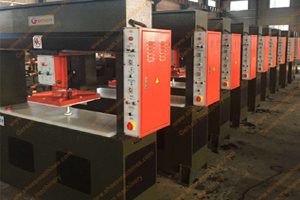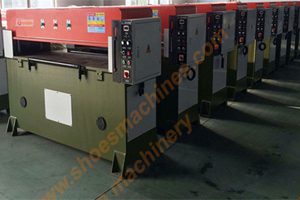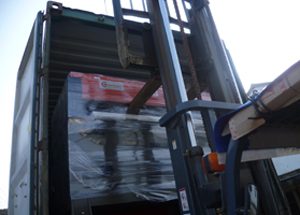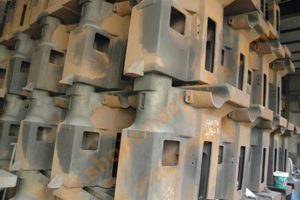Reference News Network reported on September 19 that the Bloomberg News website published an article entitled “Chinese Entrepreneurs Trying to Bring Shenzhen Miracles to Africa” on September 17, and the article introduces Chinese entrepreneur Haiyu, who has been working on it. Developing African manufacturing. The main contents of the article are as follows:
Ethiopian officials visiting Shenzhen saw how it transformed from a small fishing village in the South into a manufacturing base in 35 years. The message is clear: Ethiopia can do the same.
However, one official in this trip in 2013 was not satisfied with this. He invited his host, Mr. Haiyu, to help. He told Haiyu that the consultants from the United States and Europe provided him with many beautiful reports and showed him a bright future. He wants to know the details.
Haiyu remembers that the official said at the time: “I need someone to show me how to take the first step.”
Haiyu was running a shoe factory in Ethiopia at the beginning of its business. She thought that the conversation had buried a seed in her heart. A few months later, she began the “African Manufacturing Initiative”. This initiative was supported by the United Nations Development Programme, which was filled with the names of African leaders. Its mission is to help the African continent create manufacturing centers.
Five years later, Haiyu’s career expanded a lot. Haiyu, 40, co-organized a factory for the production of children’s wear in Rwanda, Senegal and Ethiopia. In July, she began exploring how blockchain technology can help create jobs in these countries and is now leading a blockchain charitable foundation with $100 million in funding.
Haiyu said: “Africa is facing great opportunities. It needs success stories now. These cases will have a snowball effect.”
It is incredible that Haiyu has become a leader in African development. In 2011, Haiyu made a major decision to create its own shoe brand. Subsequently, she met with Zhang Huarong, chairman of the Huajian Group, which is based in Dongguan, who asked her to help open a shoe factory near Addis Ababa, the capital of Ethiopia.
Haiyu said that the idea of starting a factory in a developing country has aroused her interest. Three months later, Huajian Group began exporting shoes to the United States. In less than two years, the factory had 4,000 employees.
In 2013, Ethiopian former Prime Minister Haier Mariam Desaleni invited Haiyu to accompany him to visit China. During the flight, Desalene thanked Haiyu for the success of Huajian Group in Ethiopia and hoped that she would increase the factory to hundreds or even thousands.
Since then, Haiyu has become the first Chinese consultant of the Ethiopian government, while continuing to promote her “African Manufacturing Initiative”.
Hundreds of Chinese companies have flooded into Ethiopia, helping the country become Africa’s fastest-growing economy for most of the last decade.
Haiyu said that as China’s wages and other costs continue to rise and China’s transition to a more technologically advanced industry, 85 million light industrial jobs must be transferred overseas. Ethiopia’s role in Africa is similar to Japan’s role in Asia in the 1960s, which shows that pro-business policies and successful factories can drive industrial progress.
The challenge is huge. It is very difficult to attract investment outside of Ethiopia. Haiyu provided advice to Rwanda on how to boost manufacturing in 2013, but she did not attract any foreign investor to build an export factory for the landlocked country.
Later, Haiyu and a Chinese investor co-founded C&H Apparel in Rwanda as a demonstration. The company produces uniforms and children’s wear and now has 2,000 employees. About 80% of the products are exported, mainly to the US and Europe.
Haiyu estimates that Africa still has 5 to 10 years to use. Therefore, she continued to promote the expansion of C&H’s plan to invest $10 million in Rwanda over the next five years, creating 30,000 jobs. Haiyu said her goal is to generate a $1 billion investment.
Gerson machinery can help lots of shoes factory to build their factory in Africa.




